Dec 27, (V7N) - Iraqi authorities are exhuming a mass grave in Tal al-Shaikhia, Muthanna province, believed to hold the remains of approximately 100 Kurdish women and children executed during Saddam Hussein's regime in the 1980s.
The grave, located 15-20 kilometers from the main road in southern Iraq, was initially discovered in 2019 but excavation efforts began this month. Diaa Karim, head of Iraq’s authority for mass graves, stated that this is the second grave uncovered at the site.
Karim noted that the victims, identified by their traditional Kurdish springtime clothing, were likely from Kalar in the northern Sulaimaniyah province, now part of Iraq's Kurdistan region. Many appeared to have been executed by gunshots to the head, while others might have been buried alive, as suggested by the absence of bullet evidence on some remains.
The killings are believed to be part of Saddam Hussein's brutal "Anfal Operation" (1987–1988), a campaign that claimed the lives of approximately 180,000 Kurds. This campaign followed the devastating Iran-Iraq War (1980–1988). The grave is located near Nugrat al-Salman prison, notorious for detaining dissidents during Saddam's rule.
Saddam Hussein was overthrown in 2003 during the US-led invasion of Iraq and executed in 2006 after being convicted of genocide for crimes, including those committed during the Anfal campaign.
Ahmed Qusai, head of the excavation team, described the difficulties in exhuming remains, noting that some mothers were clutching their infants when they were killed, their bones intertwined after decades underground. Durgham Kamel, another official involved in the excavation, stated that another mass grave was discovered simultaneously, underscoring the scale of atrocities.
Iraq’s government estimates that 1.3 million people went missing between 1980 and 1990 due to Saddam-era rights violations and war crimes. The exhumation efforts aim to provide closure to families and document the historical crimes committed under the former regime.
This discovery highlights the ongoing need for justice and remembrance as Iraq continues to confront the legacy of its turbulent past.
END/WD/RH/



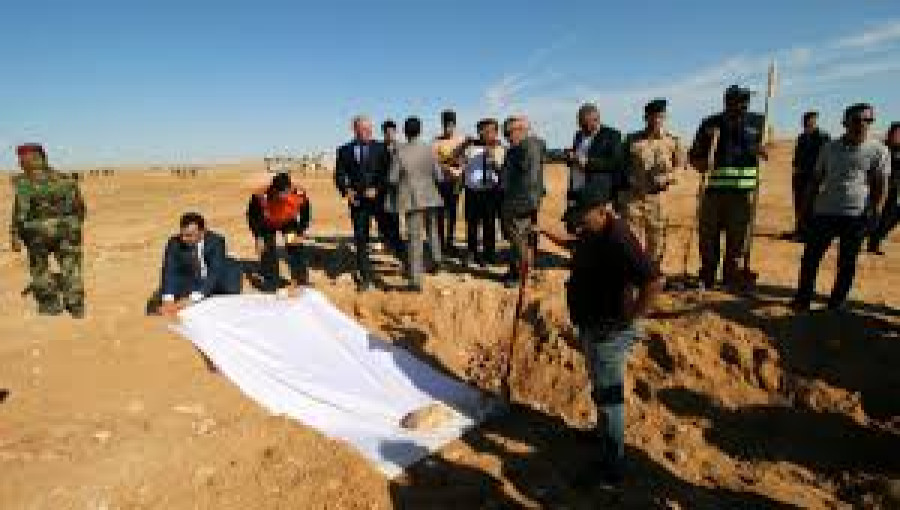
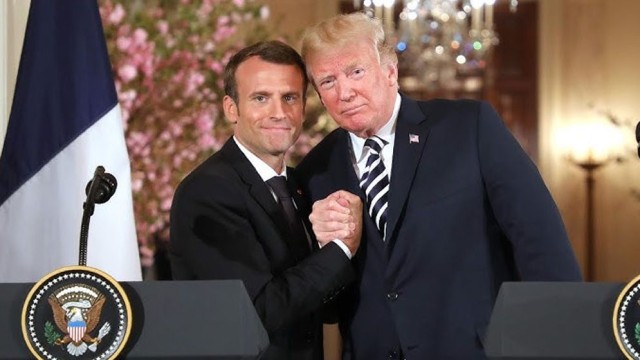
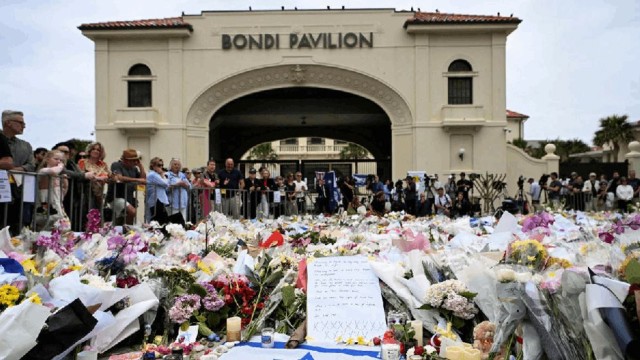
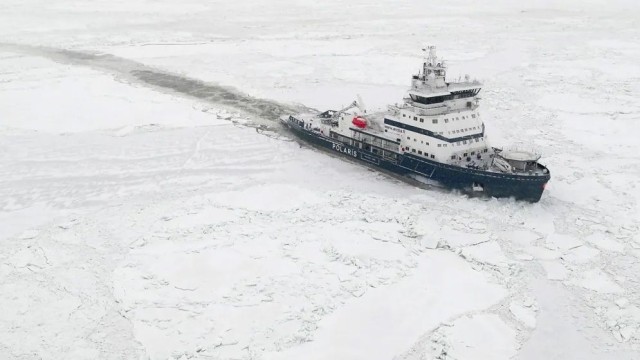
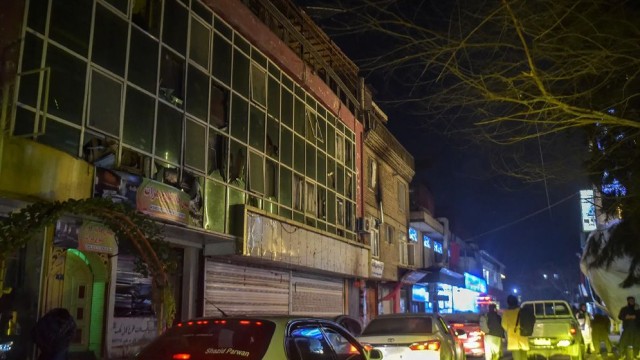
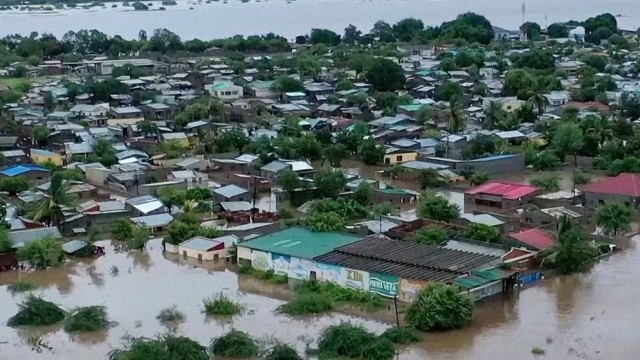
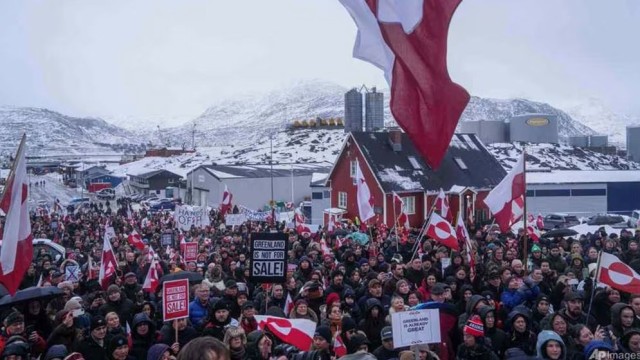
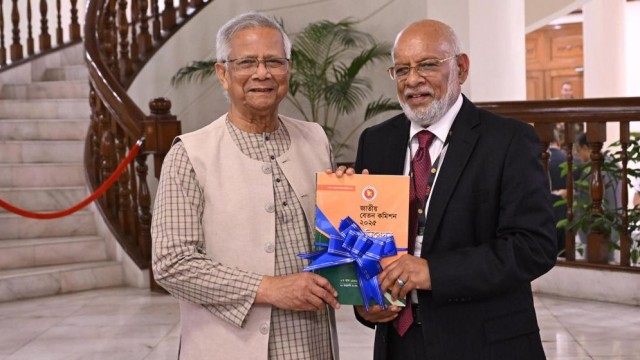
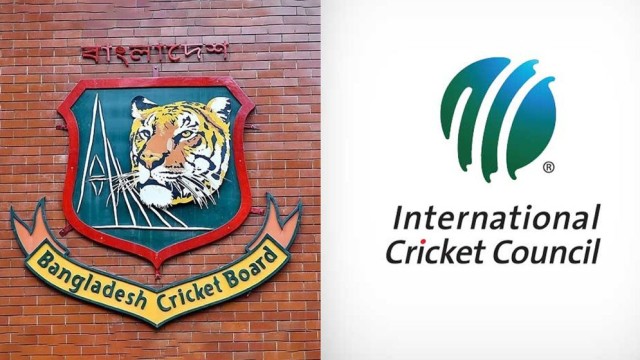
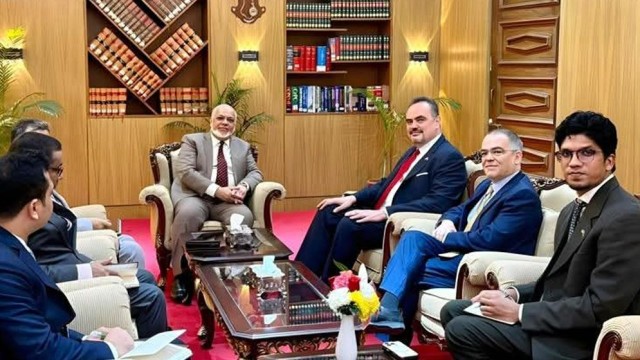
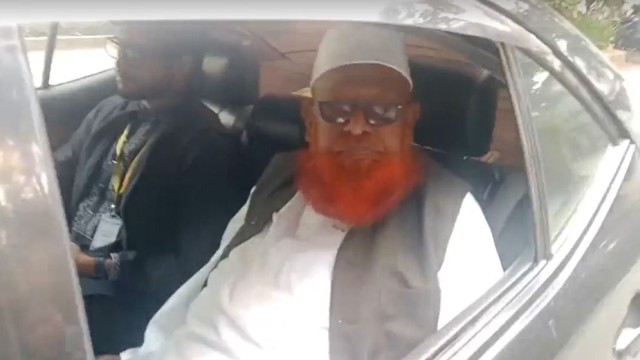
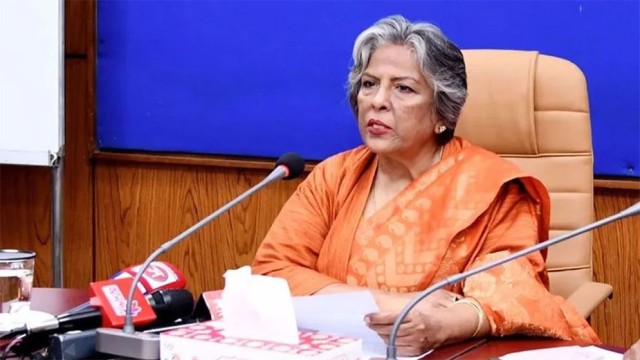
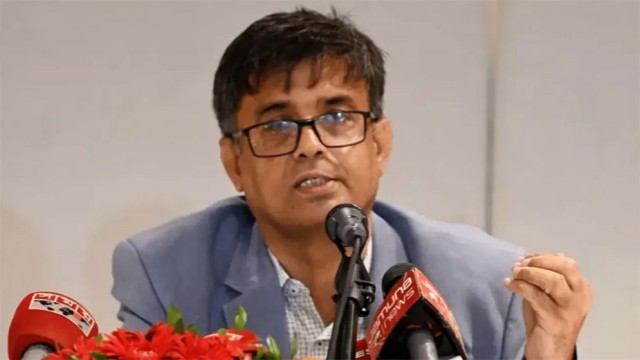

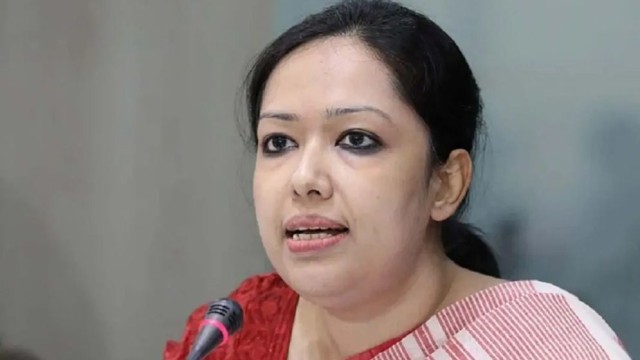
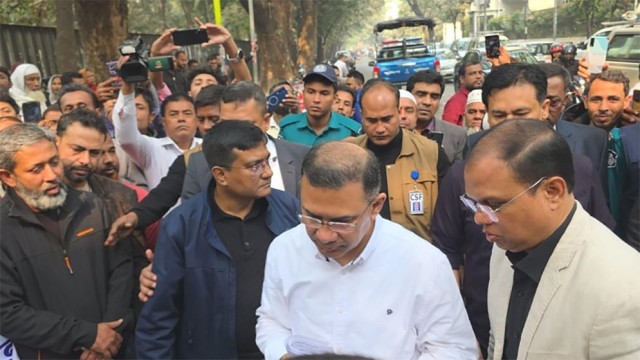
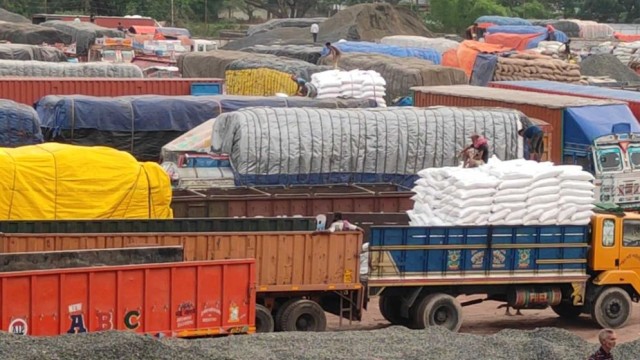





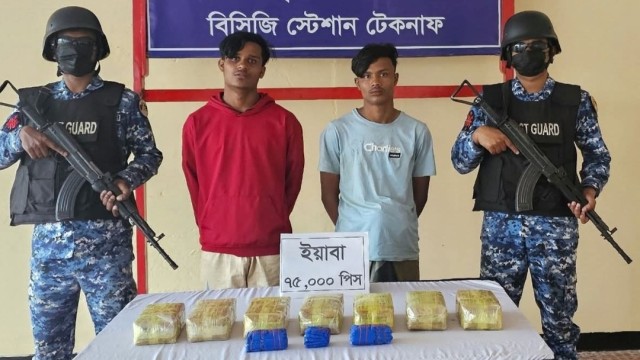


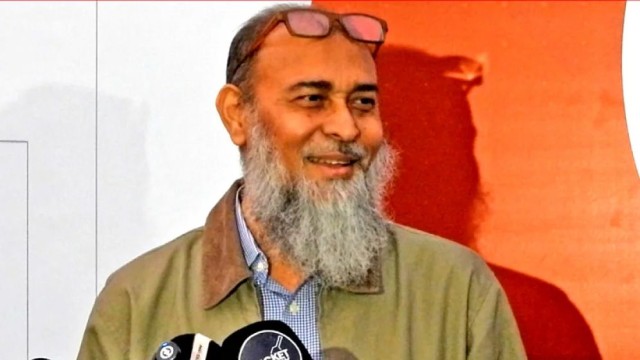


Comment: